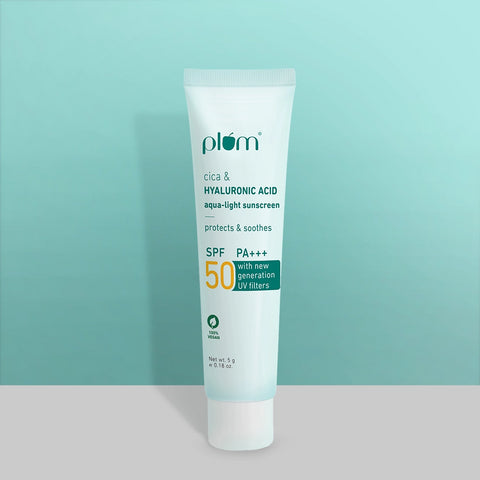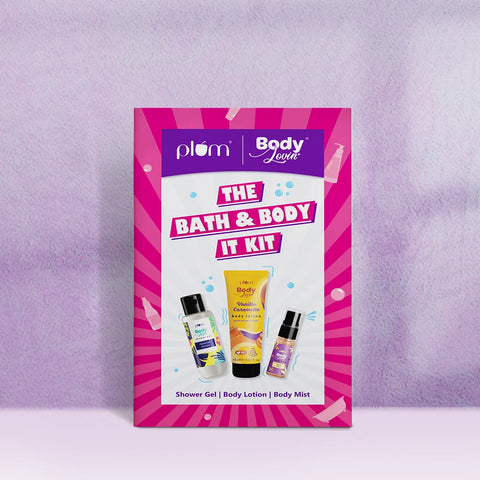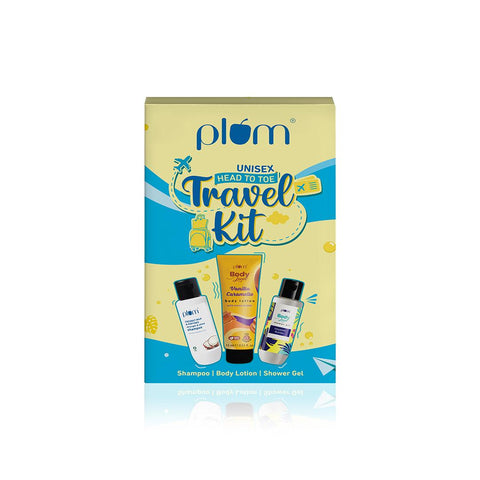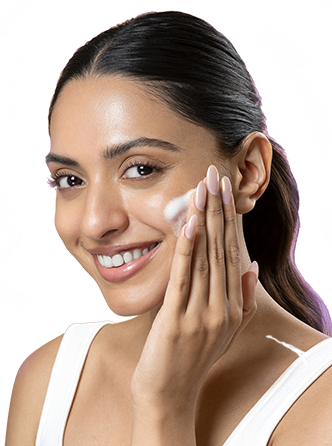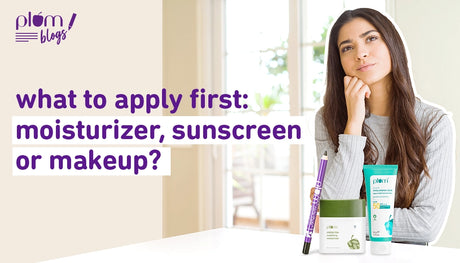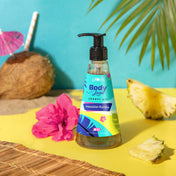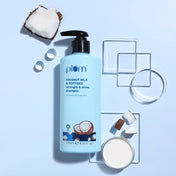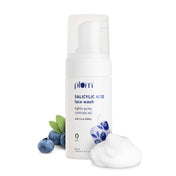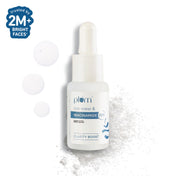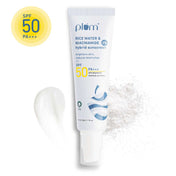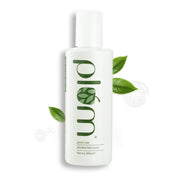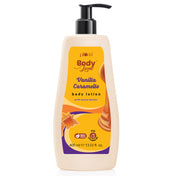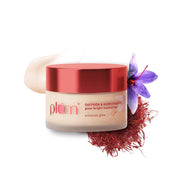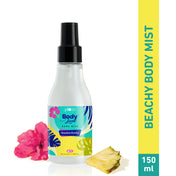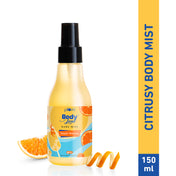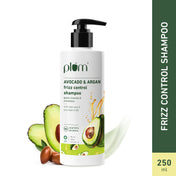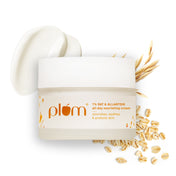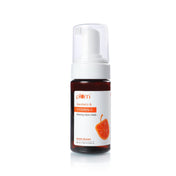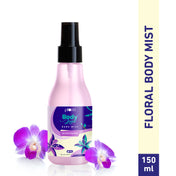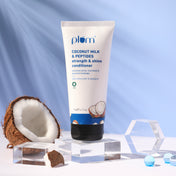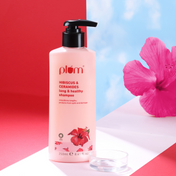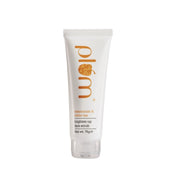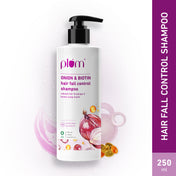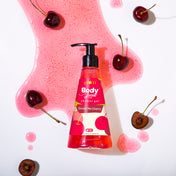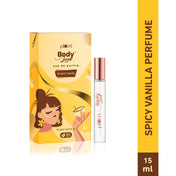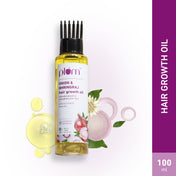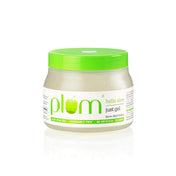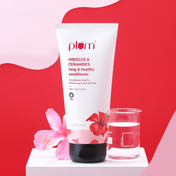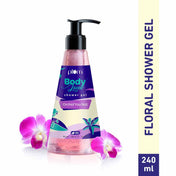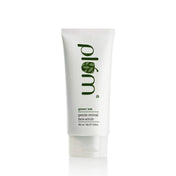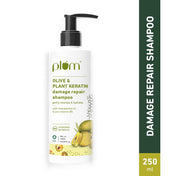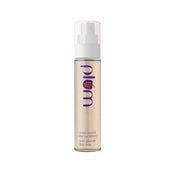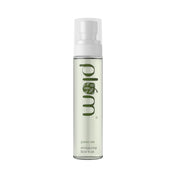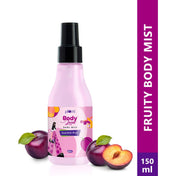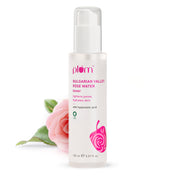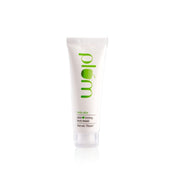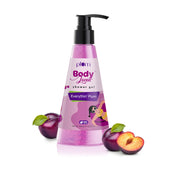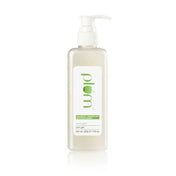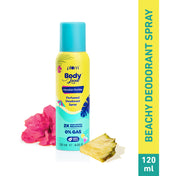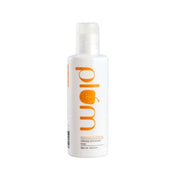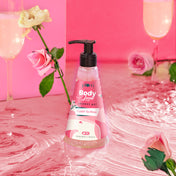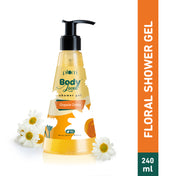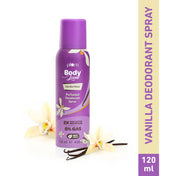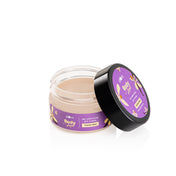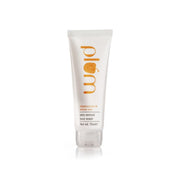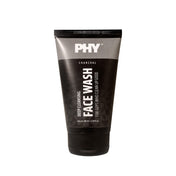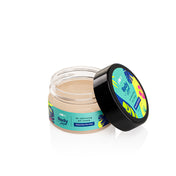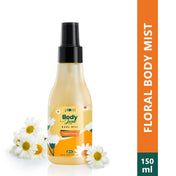
I'm too scared to use a moisturizer. My skin's already too oily. I'm afraid I'll break out. But my skin feels very dry after washing my face or when I wake up. What do I do? Moisturize, or not? If you've ever been bothered by these questions, read on for answers you can use!
Should you moisturize if you have oily skin?

Short answer: yes. The "how" of it needs some detail. Read on.
When should you moisturize? How often?

Moisturize after cleansing and toning (read more on step-by-step care for oily skin
here). You should ideally moisturize twice a day - in the morning and once you're back home, or before you hit the bed.
If you are using a serum, use the serum before you moisturize, to give all the ingredients in the serum a good chance to get fully absorbed. (
click here to know read more about serums)
What moisturizer should you use?

This is perhaps the most important question to answer here. Here are some selection tips for the perfect moisturizer:
- Use a light moisturizer that doesn't weigh down on your skin
- Make sure your moisturizer's ingredients are non-comedogenic (
Click here to know what is comedogenic). Top comedogenic ingredients to avoid are cocoa butter, coconut oil and hydrogenated vegetable oils
- Ideally, you should use a different moisturizer for day and night. The night ones are richer in antioxidants and other care ingredients that might be a bit too "heavy" for daytime use
- If you are going to be out in the sun, pick a gel-based sunscreen for day use, and a gel-based light moisturizer for night use
Let's talk ingredients?

Besides picking non-comedogenic ingredients, you should look to use some do-gooders for oily and acne-prone skin in your moisturizers. For example:
- natural acne fighters like green tea and tea tree oil
- AHAs like glycolic acid and lactic acid (read more about glycolic acid
here)
- antioxidants like Vit C (
click here to know more about antioxidants)
- spot fighters like niacinamide
- oil control ingredients like lemon peel and cinnamon bark
Got other questions? Bring them on - look for the comment box below!
Bonus tip:
Never let your skin run dry, if you have oily skin. This will lead to over-active sebaceous glands that will produce more sebum, worsening the cycle. It's important to retain a sense of balance - in everything!
Related posts
Serum - Moisturizer - Face Oil: which one should you use?
Dry patches on face but breakouts won't stop? Problem solved!
A step-by-step guide to care for oily skin
Related products
 Green Tea Mattifying Moisturizer
Green Tea Mattifying Moisturizer
 Green Tea Skin Clarifying Concentrate (Serum)
Green Tea Skin Clarifying Concentrate (Serum)
 Green Tea Renewed Clarity Night Gel
Green Tea Renewed Clarity Night Gel





 Green Tea Mattifying Moisturizer
Green Tea Mattifying Moisturizer


